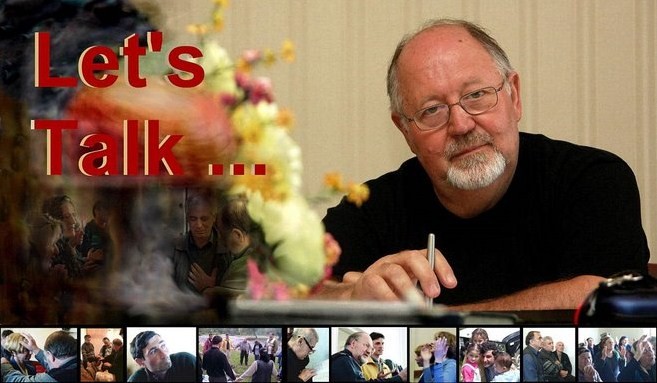 Ten years ago the Islamist wing of the Muslim religion, a gigantic and merciless force, declared war on the West.
Ten years ago the Islamist wing of the Muslim religion, a gigantic and merciless force, declared war on the West.Islamists don’t believe in the principles of the West and plan to banish them from the Earth. The war, they claim, will continue until they win. Most of the world’s Muslims dislike them but can’t stop them.
In 2005, after a Danish newspaper published cartoons of the Prophet Mohammed, rabble-rousers in Syria, Lebanon and Iran stirred up furious protests. These led to mob violence. Police began shooting and some estimates place the resulting many fatalities — in most cases fellow Muslims.
These killings inaugurated a new form of intimidation and censorship. Around the world many editors who would otherwise have published the cartoons decided against it, lest they inspire more demagogues to inflame more crazed gangs and thereby lead to more deaths.
It’s become clear free speech and free inquiry are among the chief targets of the Islamists. It is as if Islamists were saying to the world: Don’t offend us or we’ll kill a lot of your people.
In the climate that was created by 9/11 the fear of Islamophobia has created another threat, more serious in the long run: It inhibits the serious discussion of Islam.
Of all the great religions, Islam is unique in believing it should not be analyzed or criticized … the key point being the divine nature of the Koran. Because Muslims believe it is unalterably holy, any discussion of it is an affront.
In this sense Islam remains medieval. In 15th-century Europe, before Martin Luther, criticism of the Gospels and the Christian church was forbidden. In the year 2011 Islam still maintains that principle.
The Koran has never been scrutinized in the way the Bible has been studied since the 17th century. Why should both practitioners and scholars not argue about Islam with the same frankness we bring to other world religions?
Islamist violence subverts free speech and threatens to eliminate it altogether. And, without the ability to speak freely … how are we to reason together?
"Come now, let us reason together," says the LORD. "Though your sins are like scarlet, they shall be as white as snow; though they are red as crimson, they shall be like wool." Isaiah 1:18
If we are not to SPEAK of it … how will they HEAR the GOOD NEWS!
Paul Weresch






